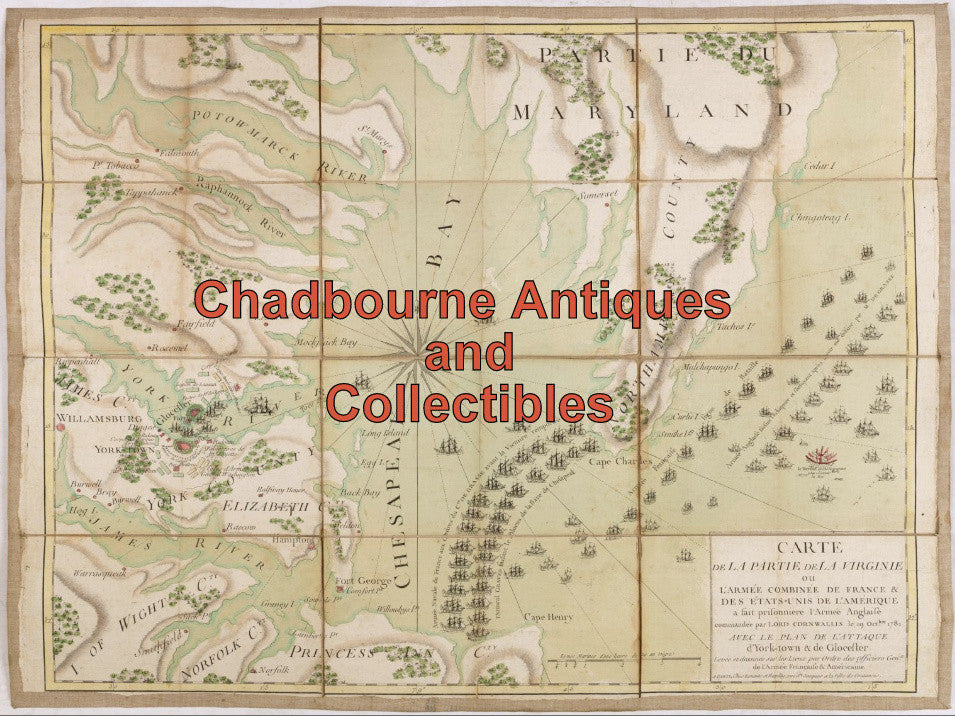$170.00 CAD
| /
Nice piece of ephemera dating to the period of the Napoleonic Wars. Broadside sheet with lyrics to a popular song with woodblock image at top of soldier with woman at military camp.
Toned and dirty along edges. Horizontal fold, small creases.
26 x 9,50 cm
John Pitts (1765–1844) opened his first printing establishment at No. 14 Great St Andrew Street, Seven Dials, St Giles-in-the-Fields, London in 1802, where he printed ballads, chapbooks and other ephemera. Ballad-sheets are single sheets of paper with a ballad printed on one side – sometimes called a broadside or a broadside ballad – a cheap, ephemeral form of street literature meant to be sung.
Ballad-sheets were sold in printing shops, to the trade and by hawkers for one halfpenny or one penny. Earlier ballad-sheets were often large folio sheets; more common in the early-nineteenth century were narrower strips, or sometimes quarto-sized sheets. As in chapbooks, woodcut images often adorn the ballad-sheet. There is no music printed, although there is sometimes a line beneath the title referencing a popular tune. Hawkers would sing to the appropriate tune, which was probably well known to readers more interested in the new words
Besides the sound of hawkers in the street, old and new ballads were disseminated orally at home and in more social settings. However, the variety of ballad-sheets available, their popularity, and the social value of being able to read them would have provided a strong incentive to achieve literacy. It is very likely that ballad-sheets played a significant role in the expansion of literacy and reading in the early nineteenth century, long before the 1870 Education Acts in Britain
David Buchanan, University of Alberta, 2013
http://poprom.streetprint.org/narratives/129
